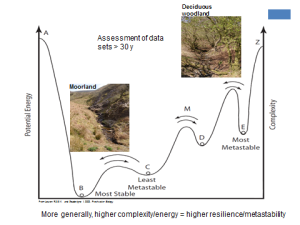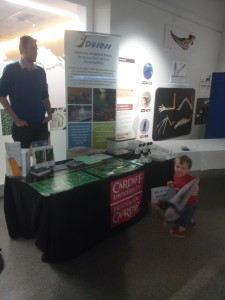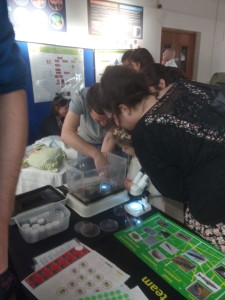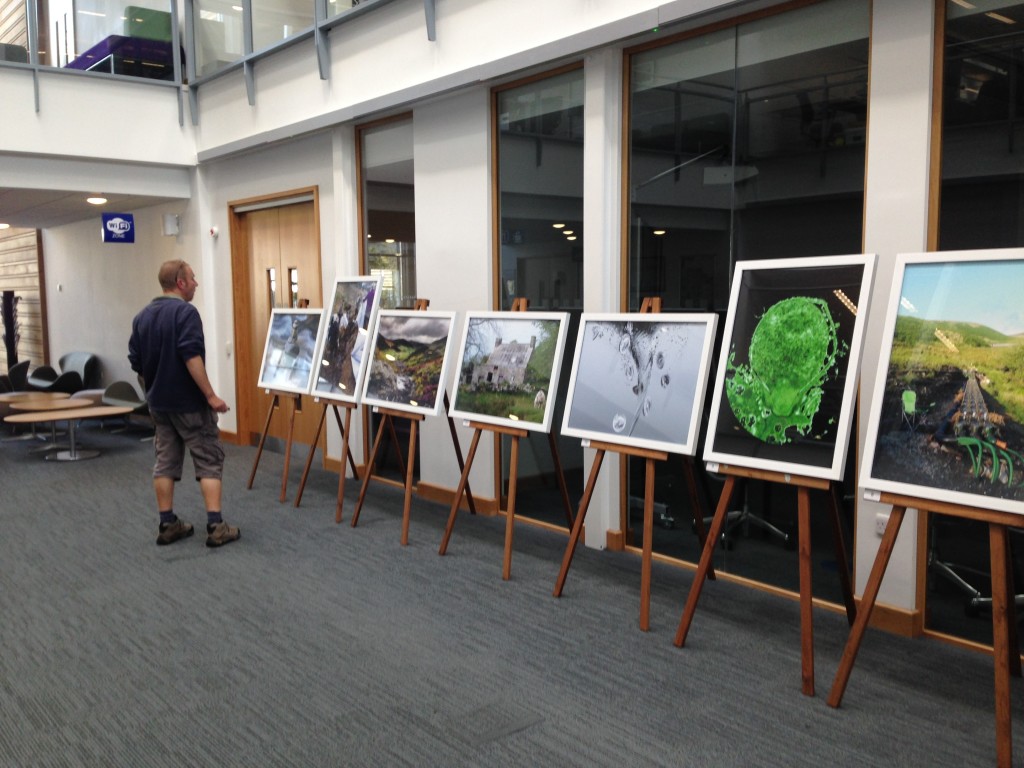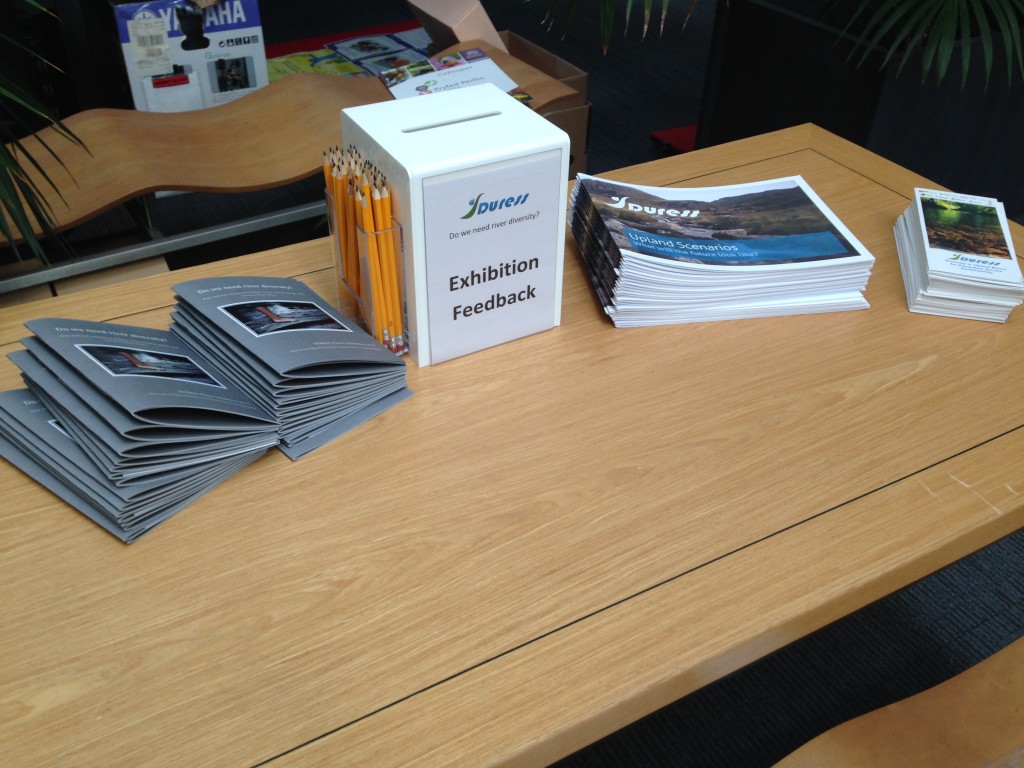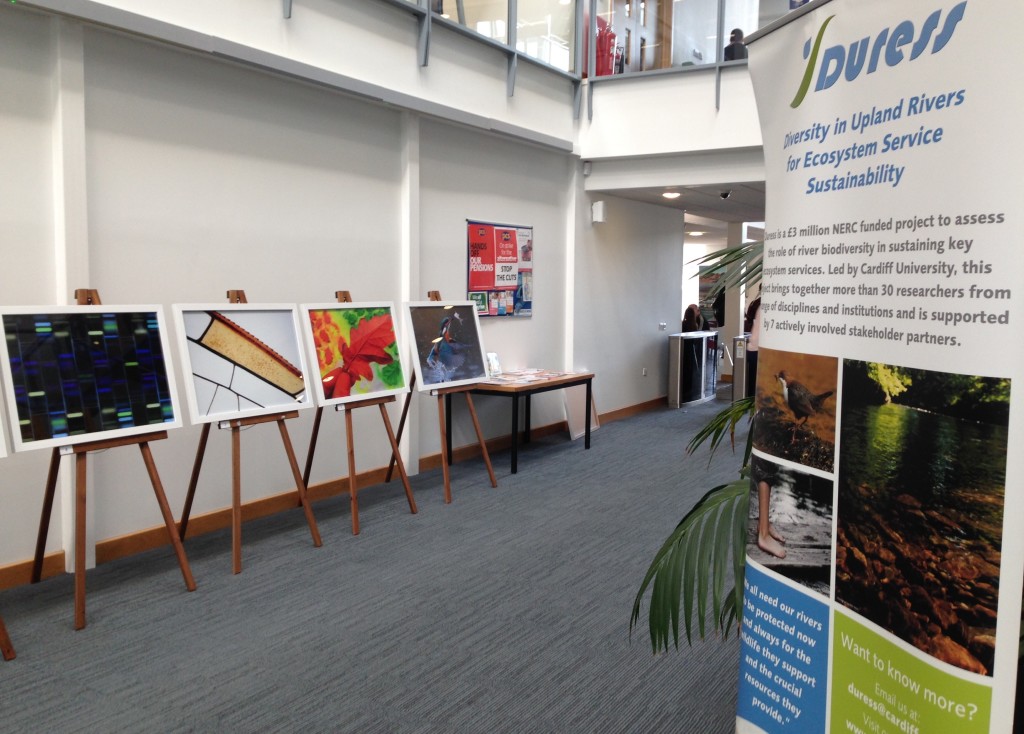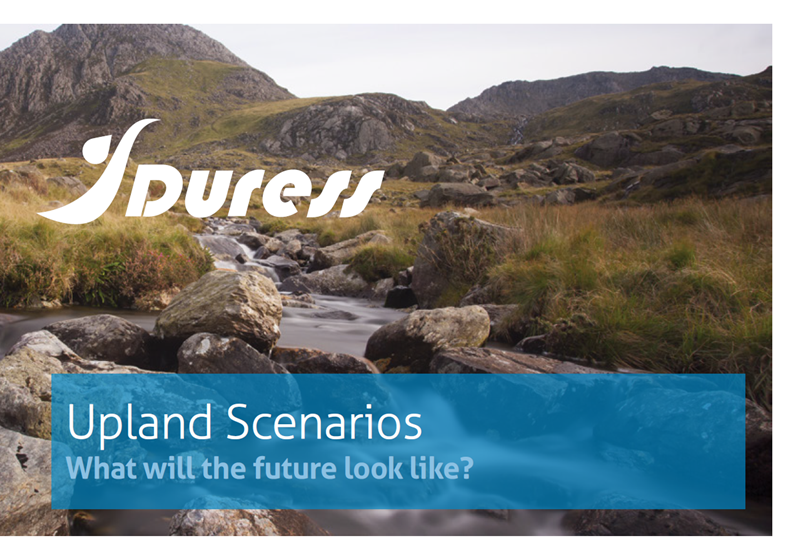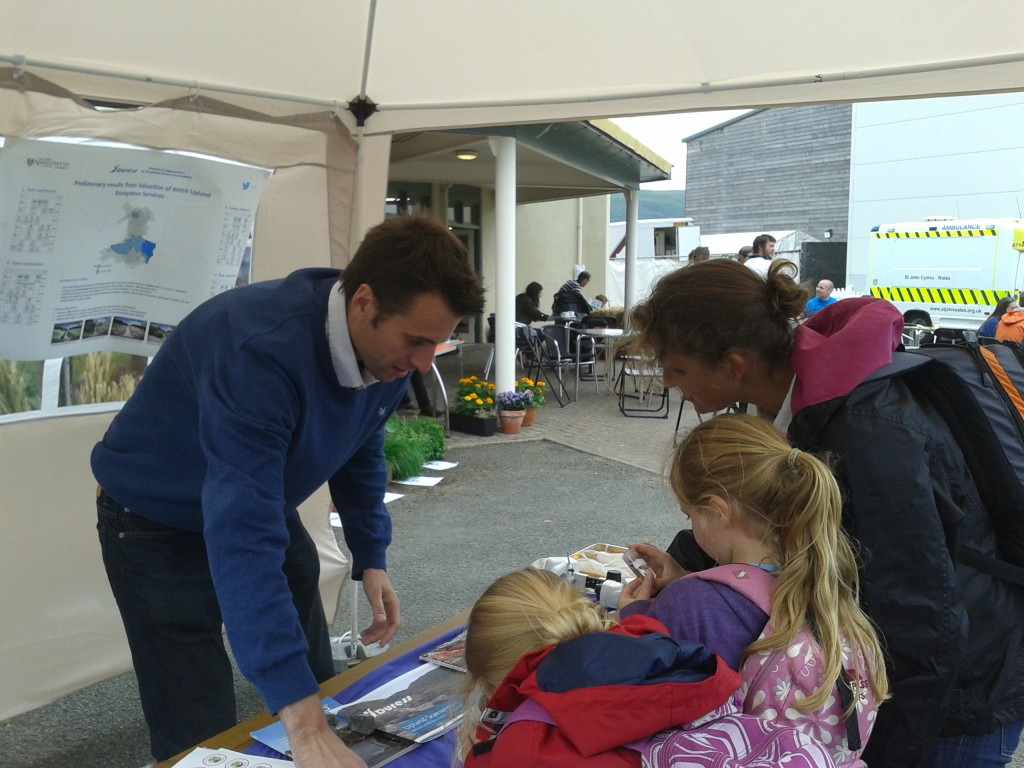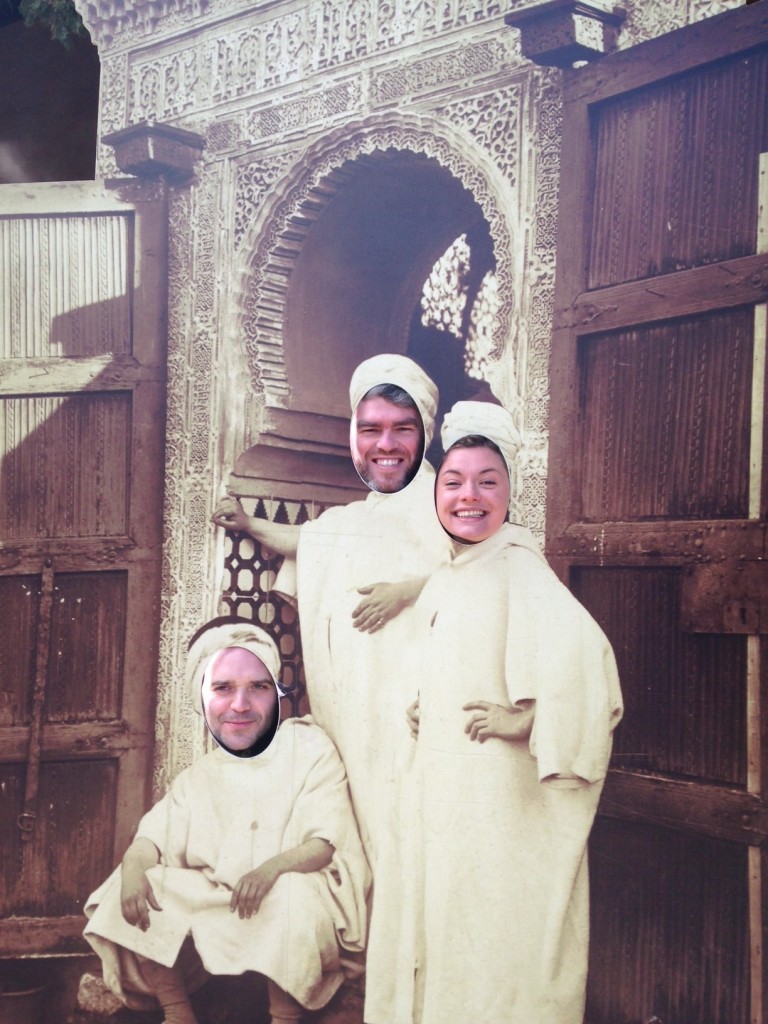On the date that marked the end of the DURESS grant (1st Dec 2015), the team gathered in the Welsh Assembly Pierhead building, Cardiff Bay, to share the lessons learned so far on river biodiversity and ecosystem services. Sponsored by Alun Ffred Jones, AM, Chair of the Environment and Sustainability Committee of the Welsh Assembly, the event attracted a packed audience from Welsh Government, Dwr Cymru, Wildlife Trusts, NERC, British Ecological Society, RSPB, Brecon Beacons National Park and other stakeholders.
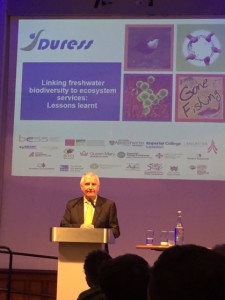
The event opened with the DURESS film Shaping the Future.
In his welcome, Alun Ffred Jones, AM described how he grew up in the hills featured in the film and in the DURESS project. He pressed researchers to make Assembly committees aware of their projects given the extent to which Assembly members rely on external evidence. They particularly need practical recommendations based on research evidence.
DURESS, he said, stood up to this challenge by outlining the key lessons learned.
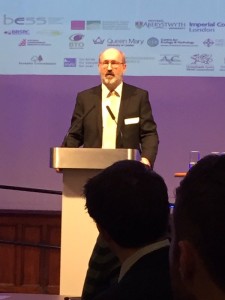
Matthew Quinn from the Welsh Government, a key stakeholder in DURESS, outlined the policy context. He commended the project, particularly its stakeholder and public engagement. Echoing Alun Ffred Jones’, call for change, Matthew said DURESS is giving direction on habitat restoration, building an evidence base that moved beyond single natural resources to ecosystems, and helping to shape debate on payment for ecosystem services i.e. “paying for what nature does for us”.
Project Leader, Dr Isabelle Durance, outlined the background to DURESS, detailing why we focused on upland rivers and in particular on four freshwater ecosystem services: the regulation of water quality, carbon dynamics, the cultural value of river birds, and fish production.
Key highlights from the DURESS team then followed and included:
- Energy transfers – Evidence for upland broadleaf tree planting to support fish and adapt rivers to climate change.
- Food webs are key components in the engine of ecosystem services.
- The power of biofilm (the stuff that makes river rocks slippy!) in supporting production and regulating water quality.
- Landscape context affects community diversity in all groups of organisms from microbes to birds, and at all levels from genes to ecosystems.
- Water quality is highly dynamic during storms which is potentially critical to river biodiversity.
- The UKs river systems are highly dynamic as they recover from some stressors (eg acidification as at Llyn Brianne) but are degraded by others (e.g. sediments).
- Catchment land use is important for river resilience.
- The DURESS Scenarios are helping to envisage future land-use change and its consequences for ecosystem services (e.g. salmon density and moderating cryptosporidium infection risk).
- People place large value on water quality. We need the right tools and measures to quantify biodiversity and its role in ecosystem services.
Round table discussions revolved on the question: “How relevant DURESS research is to stakeholders?” Along with the over 40 research articles currently in preparation, these discussions will help aim specific outputs for stakeholders.
We thank all who came and contributed to the day, and to the many others who followed through social media via @steveormerod and @Duress_HQ .

